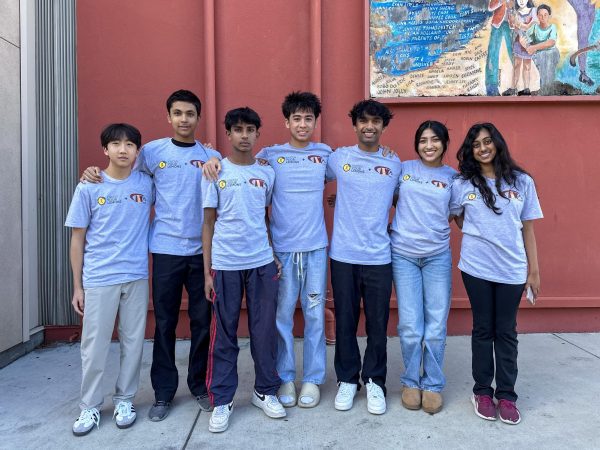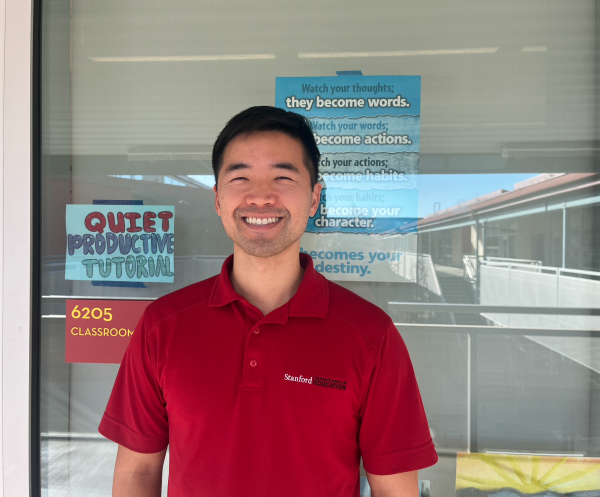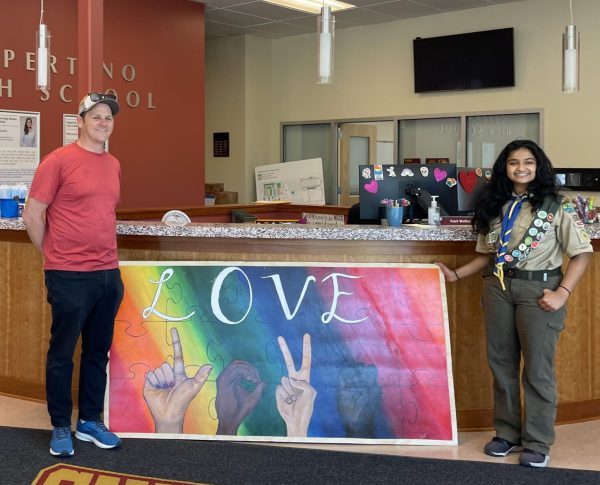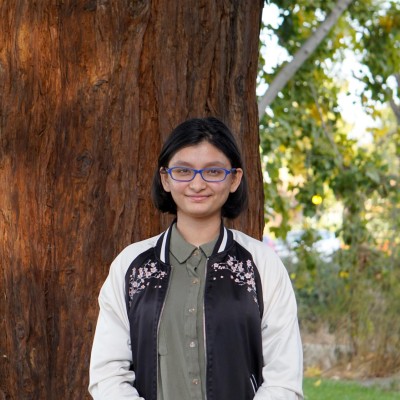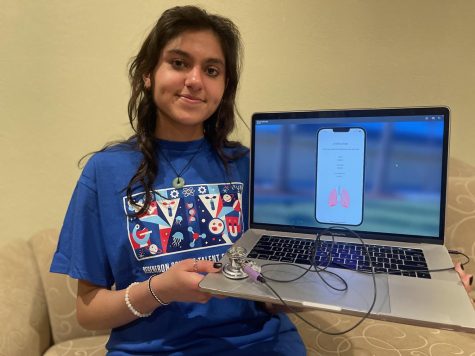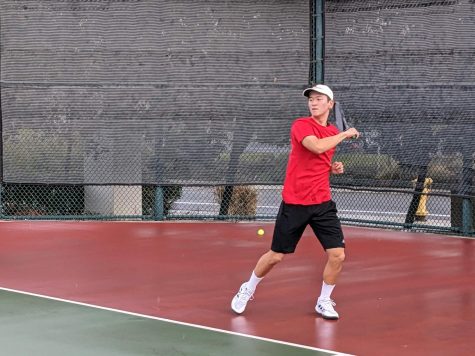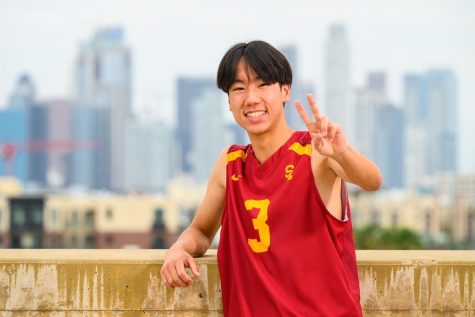Racial Awareness at CHS – Jeremy Whited
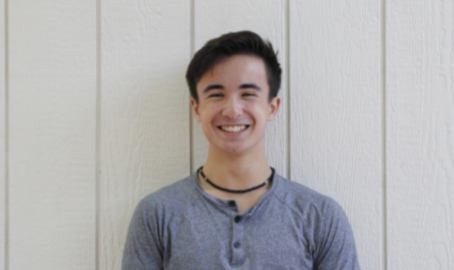
Q: What ethnicity are you?
A: I’m half Vietnamese and half white.
Q: Did you ever notice any differences in the way people treated you because of your race?
A: Yeah, so within my family, my relatives try to treat everyone the same way, but I was treated a little differently because I’m half white and half Vietnamese. I didn’t speak Vietnamese so it was hard to communicate sometimes, so that, in a way, made us closer because we had to get around that cultural gap. With other people outside of the family, I was kind of racially ambiguous. People couldn’t tell what race I was, but once they found out, they just said, “Oh okay.” I wasn’t really treated too differently, in elementary school.
Q: Did you have any negative experiences involving racism?
A: Not really. I guess the only negative experiences I can think of are when times when I would be with my mom, and people would assume that she wasn’t my mom. They’d be confused, but I didn’t find that really negative.
Q: Did you ever pick up any sort of mindsets or beliefs about race?
A: So when I moved to Cupertino, most people I met were Asian or Indian, so I was thought, “Oh… I’m kind of white,” so then I became super proud of being mixed race. I thought, “Oh that’s pretty cool.” I felt unique.
You see that some people expect white families to be more lenient when it comes to grades, and I guess that is true for some families, and as a culture, some cultures are focused on things like that. But I saw no huge differences.
Q: Do you have any unique experiences or perspectives on being mixed race?
A: I suppose it makes me more wary of coming from two different backgrounds. It makes me feel that: “We’re all people, and race doesn’t really matter. The fact that I’m Vietnamese and white doesn’t make me inherently different than everyone else around me.
Q: Do you see instances of racism here in CHS?
A: Yeah, some people have brought this up: some people might be unknowingly offensive, especially when they say things like, “You’re white. You don’t really have to worry about grades.” I get that a few times, and it’s like “oh, haha.” But eventually it gets pretty old. But at Cupertino, people are pretty open minded, so I’d say here, it doesn’t play a huge role in how people treat each other.
Q: Has race ever been an obstacle for you?
A: No. To me, it never seemed like that big of a deal; race is race. We’re all different, and for me personally, it hasn’t been an obstacle. I know around the world it is, and that’s just, that’s really… that’s just dumb.
Q: Do you think there’s something in particular we can work on here in Cupertino?
A: For some people, yes, but for the majority, I would say no. Just be open to any culture, I guess, but most people are already mostly that way in this area. There’s nothing too big of what we need to work on. To be honest, I see more issues about gender than about race here.
Q: What motivated you to sign up to be interviewed and speak out about race?
A: I know race is a big issue today. I just want people to be a little bit more light-hearted about it and lessen the stigmas associated with recognizing races, I guess.
Q: Some people think we should try to ignore race, and some think we shouldn’t. What’s your philosophy when it comes to that?
A: That’s nearly impossible. I mean, I don’t consciously walk around and think, “Oh, that guy’s black,” or anything like that. Don’t make such a big deal out of it. People are different races; that’s just the way the world works, and they should recognize how different races affect different people. They should appreciate that… appreciate how culture can influence a person.










